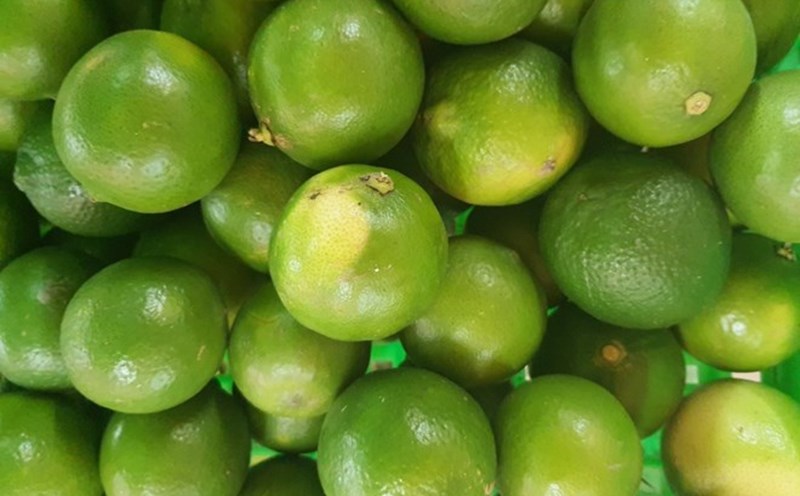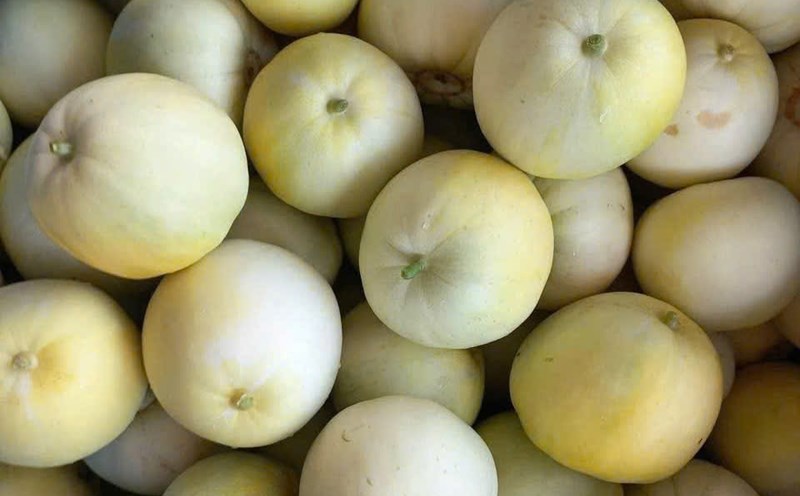One of the important factors in helping with liver recovery is regulating the diet. In which tomatoes emerge as a potential food thanks to their rich biological compounds that are beneficial for the liver.
Tomatoes are rich in lycopene, a carotenoid with powerful antioxidant properties, helping to protect liver cells from damage caused by oxidative stress - one of the main mechanisms for fatty liver.
Research from the Journal of Nutritional Biochemistry shows that lycopene has the ability to reduce lipid accumulation in the liver, inhibit inflammation and improve insulin sensitivity, key factors in controlling NAFLD.
A study published in Frontiers in Nutrition (2023) also confirmed that mice with fatty liver supplemented with tomato extract had a 38% reduction in liver fat after 8 weeks.
This opens up the prospect of applying tomatoes as part of a dietary regimen for people with liver disease.
How to eat tomatoes to promote liver protection:
Eat cooked tomatoes with olive oil
The special thing is that lycopene in tomatoes is easier to absorb when cooked. Blood lycopene levels increase 2-3 times after eating cooked tomatoes compared to eating them raw.
Therefore, dishes such as tomato soup, tomato stir-fried with olive oil or baked in the oven are a smart choice.
Eat regularly every day in moderation
According to the British Nutrition Association (BDA), you should supplement about 1-2 tomatoes (100150g) per day to support liver health without causing digestive disorders or excess lycopene.
Eating too many raw tomatoes can cause bowel problems or stomach irritation for sensitive people.
Avoid combining with sugar or processed foods
Tomatoes should not be eaten with sugar (such as in jams and smoothies), because refined sugar is a factor that worsens liver fat.
At the same time, avoid using canned tomatoes with preservatives or high salt, because excess sodium causes water retention, increasing the burden on the liver.
Not only effective in the liver, lycopene also plays a comprehensive role in reducing systemic inflammation and improving metabolic function.
A comprehensive analysis from the American Journal of Clinical Nutrition (2023) shows that people with a diet rich in lycopene are at risk of metabolic syndrome, including fatty liver, 28% lower than the control group.











